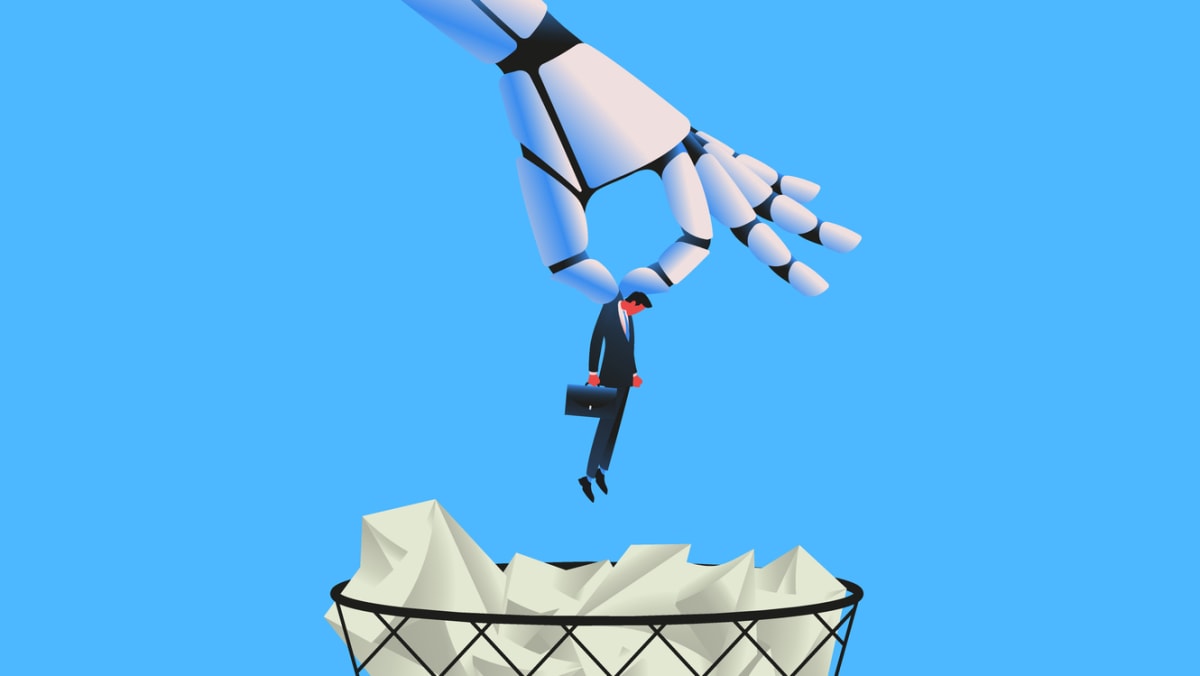THE JOBS AI CAN DO, AND CAN’T
But that is not what happened. In particular, say Autor and Thompson, wages for accounting clerks rose, while wages for inventory clerks fell.
This is because most jobs are not random collections of unrelated tasks. They are bundles of tasks that are most efficiently done by the same person for a variety of unmysterious reasons. Remove some tasks from the bundle and the rest of the job changes.
Inventory clerks lost the bit of the job requiring most education and training (the arithmetic) and became more like shelf-stackers. Accounting clerks also lost the arithmetic, but what remained required judgment, analysis and sophisticated problem solving.
Although the same kind of tasks had been automated away, the effect was to make inventory clerking a job requiring less training and less expertise, while accounting clerks needed to be more expert than before.
The natural worry for anyone hoping to have a job in five years’ time is what AI might do to that job. And while there are few certainties, Autor and Thompson’s framework does suggest a clarifying question: does AI look like it is going to do the most highly skilled part of your job or the low-skill rump that you’ve not been able to get rid of? The answer to that question may help to predict whether your job is about to get more fun or more annoying – and whether your salary is likely to rise, or fall as your expert work is devalued like the expert work of the Luddites.
For example, generative AI systems are great brainstormers. They make unexpected connections and produce lots of varied ideas. When I’m running a role-playing game, that’s great. They accelerate the preparation and let me get straight to the good stuff, which is sitting around the table with my friends pretending to be wizards.
For someone whose job offers occasional oases of creative brainstorming in a desert of menial administration, the emergence of industrial brainstorming engines might be rather less liberating.
Or consider that gardener. Perhaps the worst part of their job is trying to compose emails to desk-based clients who seem far more fluent in the medium than someone who spends most of their time outside. Laser scarecrows and robot weeders be damned. What the gardener needs is an AI secretary, scribe and editor. And the technology for that is already here.
(Except for the headline, this story has not been edited by PostX News and is published from a syndicated feed.)

